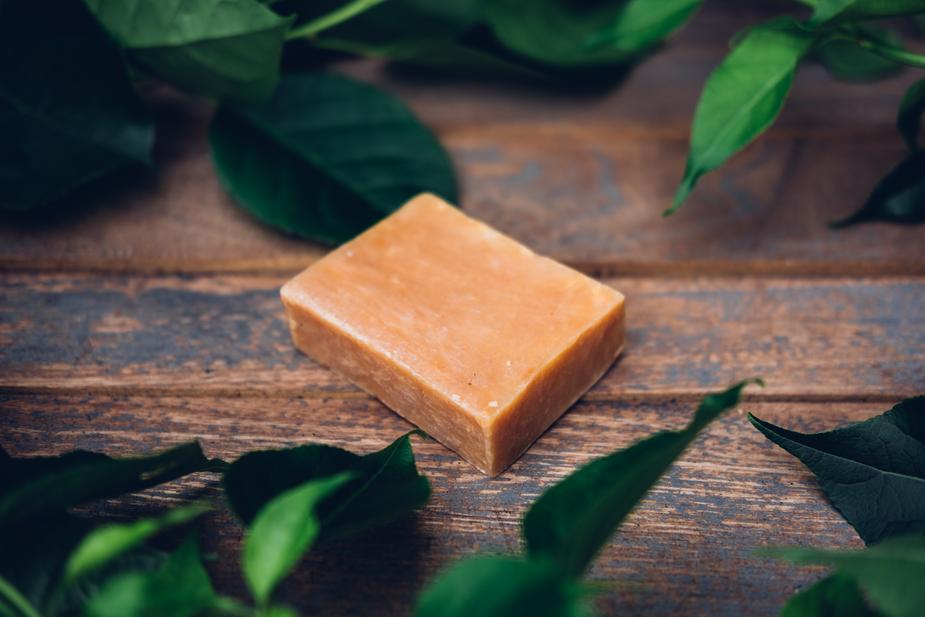Handmade Vegan Bar Soap-Dangers of Off-the-Shelf Soaps, Taking Care of Your Skin with Organic Soaps
Soaps are meant to not only to clean the body surface, but to contribute to the general health a person through eliminating all life-threatening microorganisms and dirt that are detrimental to health. Furthermore, the soap components have to be safe for the body as some elements can seep through the skin pores and be absorbed into the bloodstream. If the components inhibit body processes, common ailments can occur, with serious internal and external physical consequences.
Why You Should Rethink Using Off the Shelf Soaps
Although there have been spirited efforts in advertising campaigns to promote off-the-shelf soaps, the campaigns do not always highlight what exactly has been used in the soap manufacturing.
Under normal circumstances, soap is manufactured from alkali and fat. Some of the sources of fat are; animals, plants or synthetics. The most common inputs are coconut oil, olive oil, almond oil, etc. On the other hand, the alkaline are potassium or sodium hydroxides. However, these two ingredients cannot produce an attractive soap, therefore, the soap has to be modified by addition of additives to change the color, texture, weight, scent, and effect on the skin.
Some of these additives result in serious health complications when there are absorbed into the bloodstream on the skin as illustrated.

Parabens. These are preservatives that hamper the growth of molds. Studies have found out that some cancers have traces of parabens. They can also cause inflammation on some sensitive skins and aggravate sunburns.
Synthetic colors. They are derived from coal and petroleum. These additives are dangerous and have been known to cause irritation, allergies and so much more.
Fragrance. This is the scent additive on soaps. They cause respiratory complication after continuous exposure.
Other dangerous components are phthalates softeners, formaldehyde, toluene, just to mention a few.
Although they do not cause immediate complications aside from allergies and rashes on the skin, they can cause long terms conditions that can be fatal.
Natural Versus Organic Soap, What is the Difference?

Natural and organic are very different concepts. A natural soap contains natural components such as shea butter, coconut oil, almond oil, olive oil, palm oil or whale oil as opposed to petroleum oil, or chemically manufactured components. On the alkaline part, inputs made of natural potassium hydroxide or potassium hydroxide are added to transform the oils.
Meanwhile, the organic soap concept goes further and looks into how pure the natural components are. For example, the olive oil should not contain elements of fertilizers or pesticides used by the farmer. An organic standard is, therefore, an in-depth analysis of the intrinsic component of the soap.
The benefits of using an organic soap far outweighs the benefits of using a natural soap. In any case, most organic soaps guarantee users the benefits of the various components of the soap. For example, shea butter soap can revitalize the skin and eliminate dead skin cells, opening up clogged pores in the process. The almond oil organic soap can promote the healing process by acting as a protective cover and a disinfectant albeit on a lower case.
It is vital to point out that since it is difficult to get a genuine organic soap in the store, one has to rely on handmade or homemade soaps for quality assurance. These soaps have immense benefits as explained below;
- Healing Power
- Organic Soaps can be Customized

